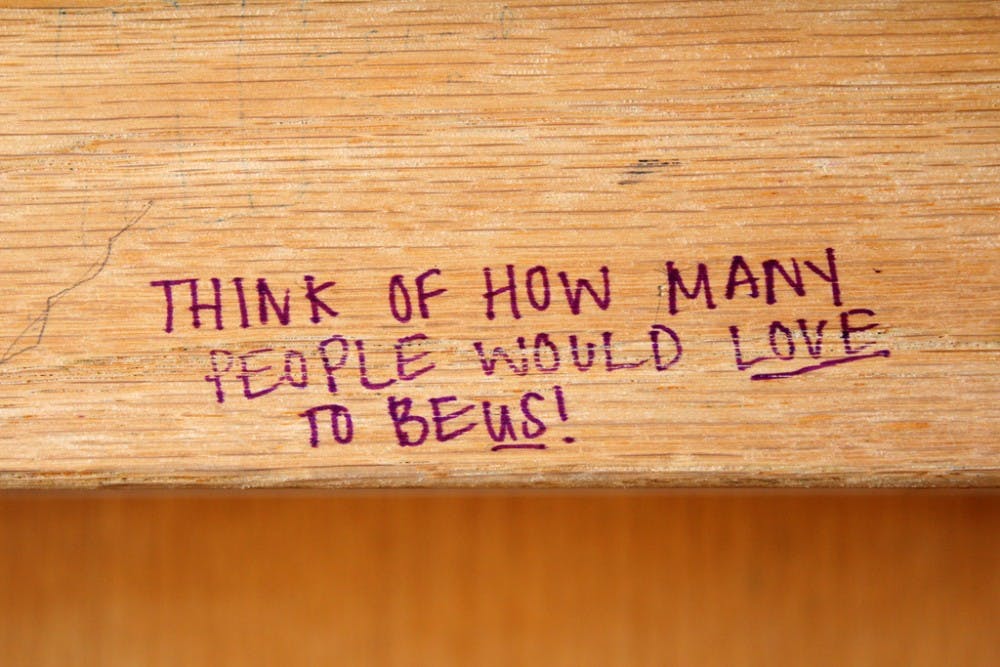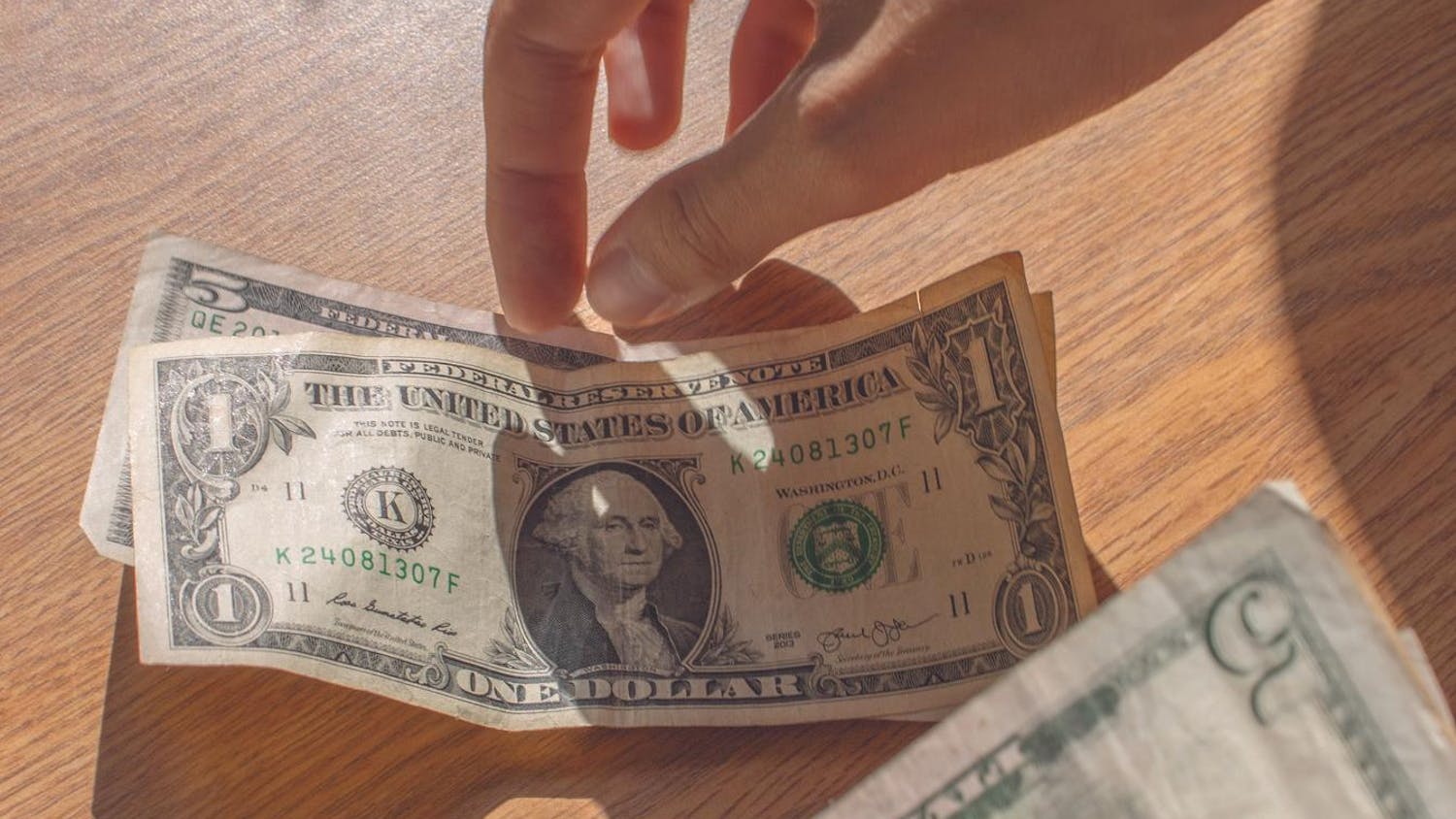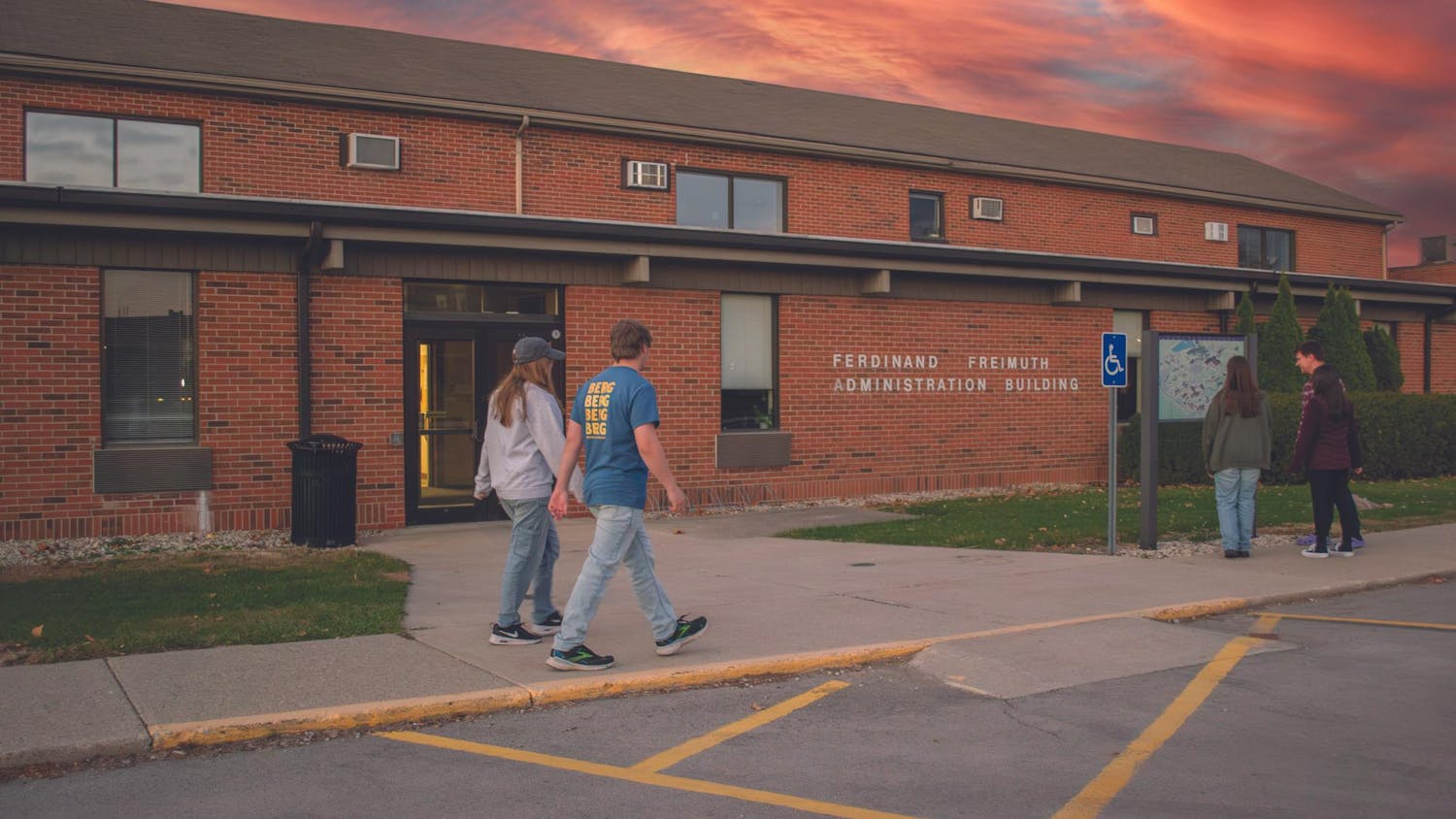So much happens outside Taylor, but what does any of it have to do with you? The world can seem like an overwhelming web of stories, and this column will help you find your place inside it. Sit down with me as we explore the bridges that connect us to the rest of the world.
By Abigail Pollock | The Echo"Privilege" as a buzzword hasn't hit the Taylor campus yet, but take it easy on us-we're still discovering feminism.
According to this system, people are given power and opportunity based on a combination of subjective, inherited identifying factors such as race, gender, religious background, culture of parents and access to education.
In the United States, the critique of privilege directly counteracts the ideal of the "American dream," wherein equal opportunity allows all citizens to earn rewards based solely on their proven merit. But we live in an undeniably unjust world. We do not choose the conditions of our birth or the ways those circumstances determine our future. Individual effort does not account for the circumstances which may make it easier or more difficult to achieve our goals.
What do I have that I didn't earn?
This question will reveal where your privilege lies. Maybe you can walk down a street without fear of being assaulted, or you can easily get out of a speeding ticket. Maybe you are able to graduate without debt; maybe you grew up assuming you would have access to higher education. Maybe you are confident that you will get a job and earn a salary equal to that of your coworkers.
Privilege is not the same as being "blessed." We need to be careful not to gloss over power systems with religious terminology. Much of life is a zero-sum game, in which the things that we are given are taken from those less powerful or preferenced by society. Privilege is considered oppressive when it deprives some individuals of the rights or benefits that others enjoy. It is considered systematic when society has been historically designed to protect the wealth and power of some, at the expense of others.
If my lunch was taken from the hands of a hungry child and handed to me, would it be enough to be grateful that I can eat? If my participation in an unjust system leads me to be successful, am I blessed?
Jesus used the Sermon on the Mount to turn the concept of blessing on its head. Part of the new paradigm of the kingdom is an understanding of blessing that is holistic, that applies not to individual happiness but to the healing of the community. We are blessed within our participation in that work.
Acknowledging the ways in which societal systems have affected your identity, life experience and trajectory will help you understand how those systems have oppressed you. Looking past yourself and gaining empathy by listening to others will allow you to understand how the same systems have oppressed them.
Guilt is not constructive, and no one should ask you to apologize for privilege you neither asked for nor earned. We are judged, instead, by the action we take based on the knowledge we are given. Education creates responsibility, and nowhere more so than in institutions of learning.
Blessed are those who hunger and thirst for righteousness, for they will be filled.
Use your privilege for the freedom of others, not the advancement of self.
Blessed are the peacemakers, for they will be called children of God.
(Thumbnail photograph by Flickr user Quinn Dombrowski)





